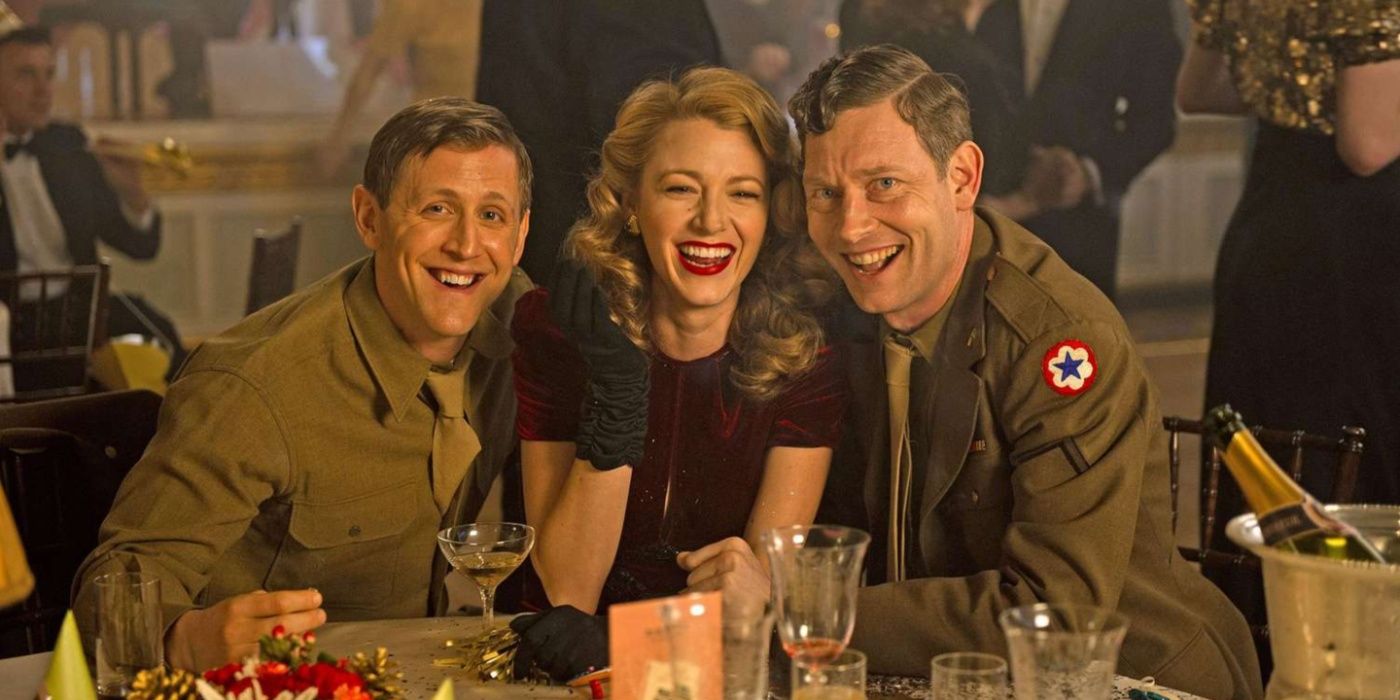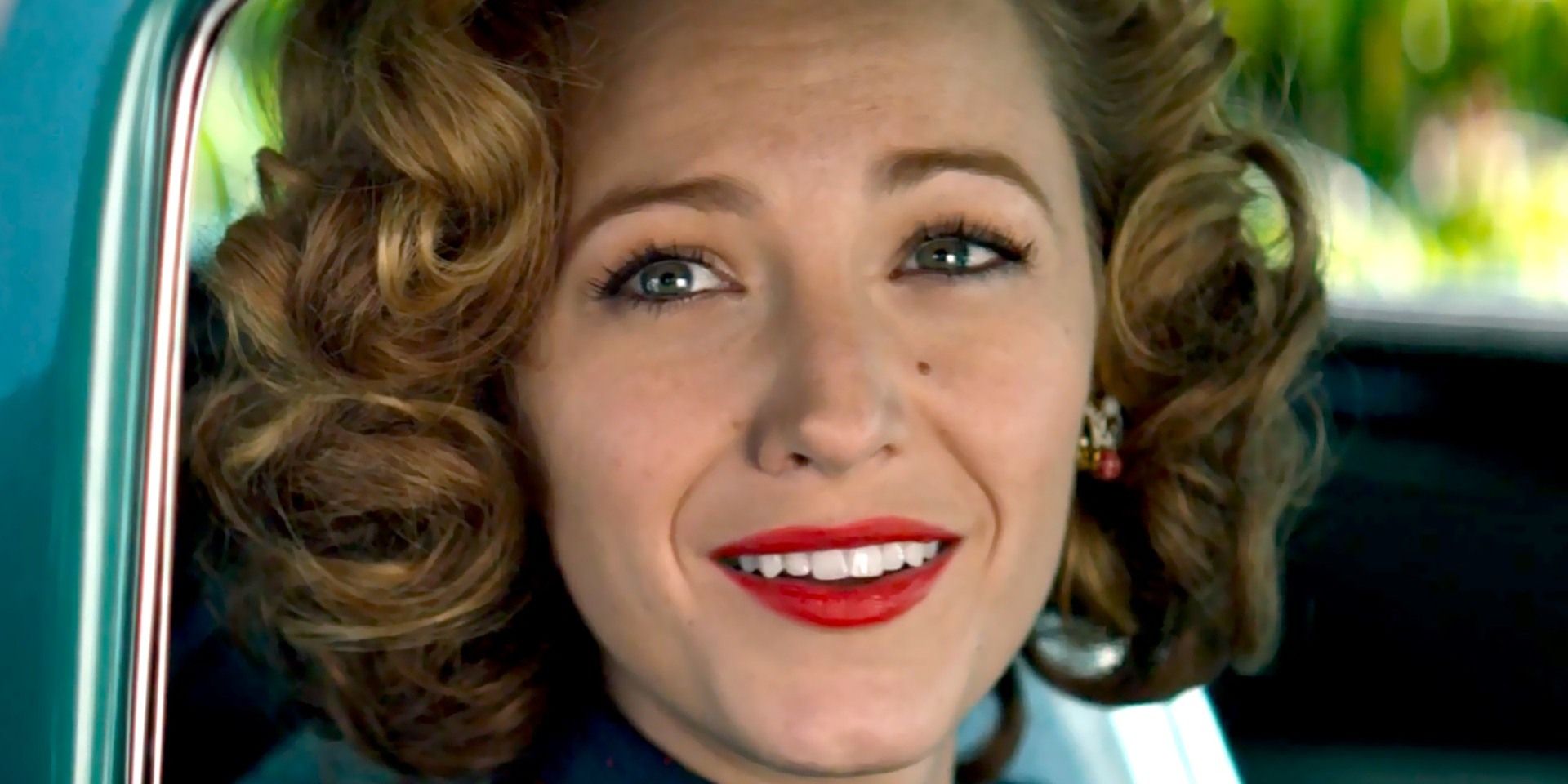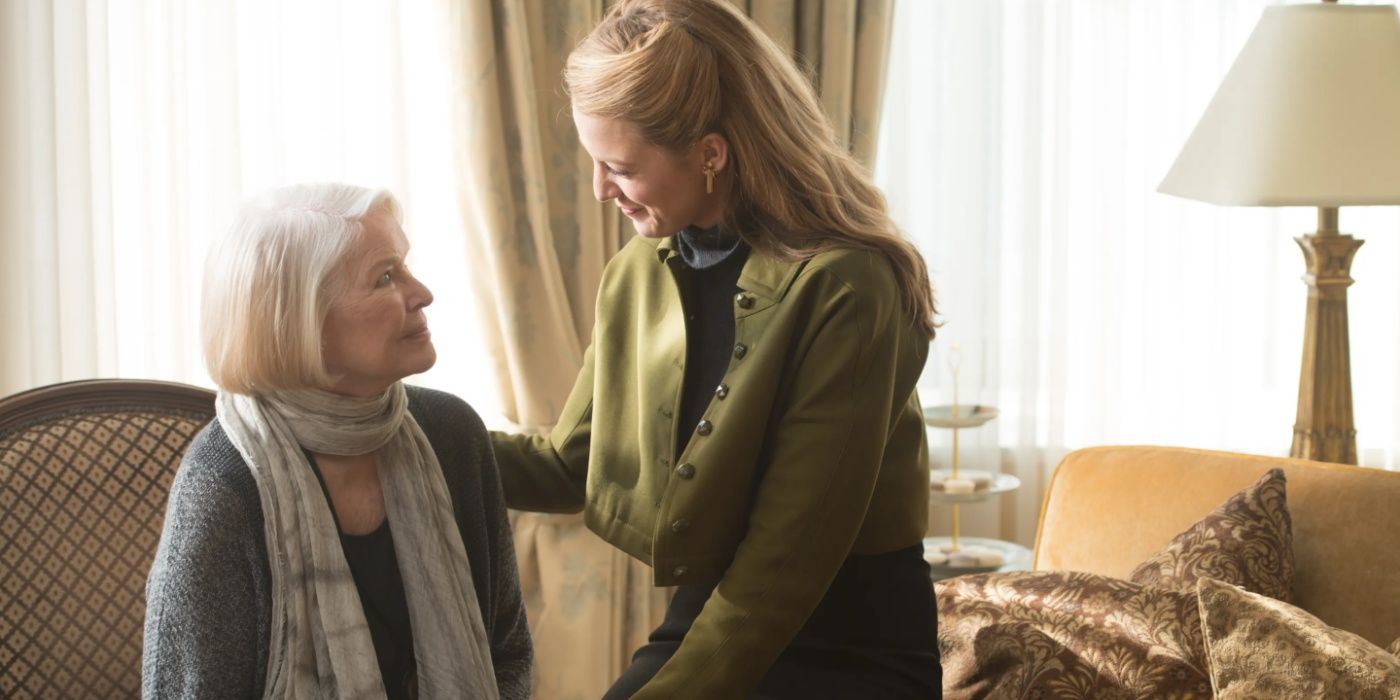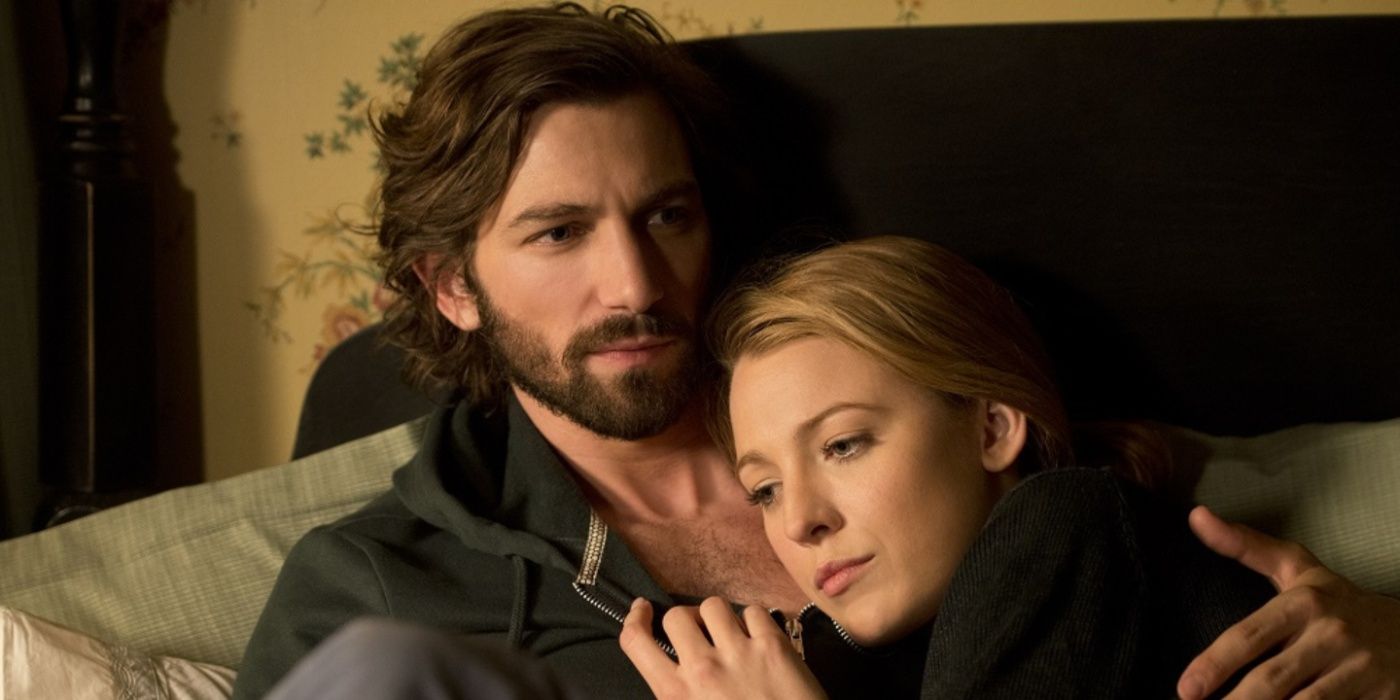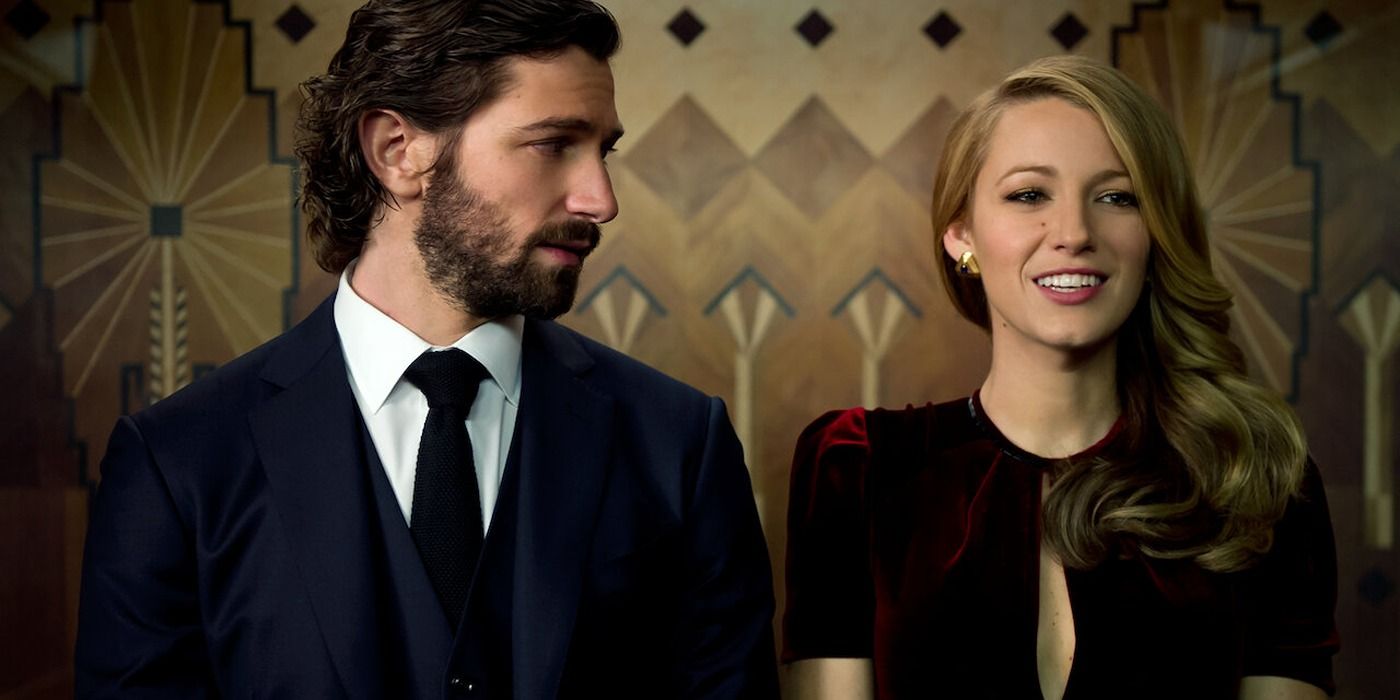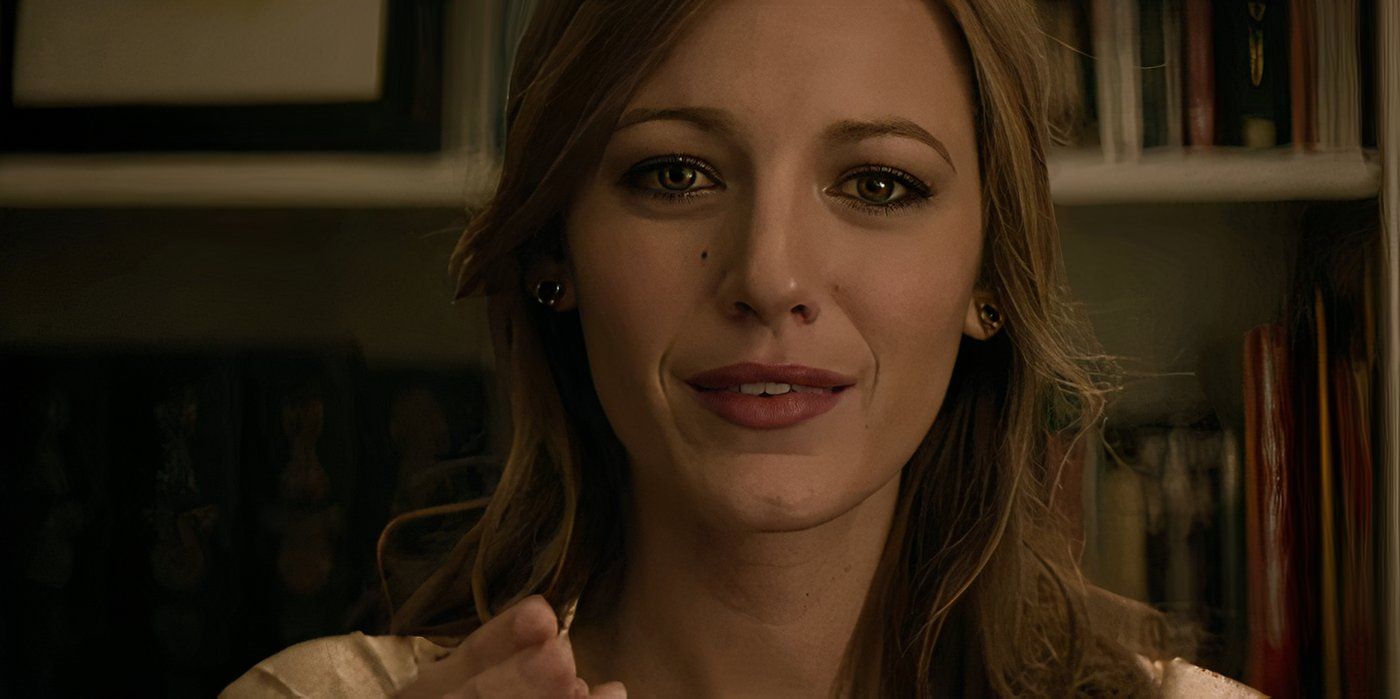The Age of Adaline has a unique premise and a fascinating ending. In the landscape of modern cinema, where adaptations and sequels often dominate, 2015’s The Age of Adaline emerges as a refreshingly original narrative, weaving a tale that captivates the imagination with its blend of romance, fantasy, and drama. The film presents the extraordinary life of Adaline Bowman (Blake Lively), a woman who ceases to age after a bizarre accident. Adaline embarks on an emotional journey spanning decades, raising profound questions about time, identity, and human experience.
The story unfolds with Adaline grappling with the complexities of everlasting youth, set against changing eras and societal norms. The Age of Adaline stands out not just for its unique premise but also for the way it delves into the emotional and philosophical implications of its central anomaly. It challenges viewers to ponder the true nature of immortality, not as a fantastical dream but as a nuanced reality with challenges and introspection. The Age of Adaline intricately explores themes such as the fleeting nature of love, the essence of personal identity, and the inevitable march of time.
What Happens In The Age Of Adaline Ending?
Adaline FInally Eliminates Her Curse & Begins Aging Again
In the Age of Adaline ending, the narrative reaches a poignant climax, as Adaline Bowman, who has remained 29 years old for eight decades, faces a dramatic turn of events. Throughout the film, Adaline navigates life cautiously, concealing her permanent appearance by regularly changing her identity. However, her world is upended during a visit to her current beau, Ellis Jones’ (Michiel Huisman) family home. Here, Adaline encounters Ellis’ father, William (Harrison Ford), who, to her shock, is a former lover she knew decades ago. This unexpected reunion brings her past and present into a collision course.
Related
12 Best Romance Movies Of The 2010s
Love stories withstand the test of time, making us laugh, sing, or cry, and the 2010s were a particularly great decade for romance movies.
As the story unfolds, Adaline grapples with the complexities of love and identity. The movie reaches its climax when Adaline is involved in an accident, reminiscent of the one that caused her agelessness. Remarkably, this second incident reverses Adaline’s condition, allowing her to age normally again. The film concludes with Adaline embracing this change, looking forward to a life of natural aging, and potentially building a future with Ellis. The ending signifies a significant shift for Adaline, as she transitions from a life of eternal youth and solitude to one of normalcy and connection.
The Age Of Adeline Is Not Based On A Novel
The Movie Is An Original Screenplay
Contrary to what some viewers may assume, The Age of Adaline is not an adaptation of a novel. This romantic fantasy film, directed by Lee Toland Krieger, is an original screenplay. Its unique narrative, which blends romance, drama, and a touch of science fiction, stands apart as an inventive work in a genre often populated by book adaptations. The story of Adaline Bowman, a woman who ceases to age following a mysterious accident, is a creation of the screenwriters, exploring themes that are popular within the romance genre.
The Age of Adaline
is an original screenplay from J. Mills Goodloe (
The Best of Me
) and Salvador Paskowitz.
The film’s originality is underscored by its narrative structure and character development, which are not bound by the constraints of adapting from an existing literary work. This freedom allows the filmmakers to craft a story that is both intimate and grand in scale, delving into the emotional and philosophical implications of Adaline’s condition. The lack of literary source material also contributes to the film’s fresh and unexpected plot twists, setting it apart from other romantic fantasy stories. The Age of Adaline stands as a testament to the power of original storytelling in cinema.
Why Did Adaline Stop Aging?
The Accident & Pseudoscience Stopped The Aging Process
Similar to The Curious Case of Benjamin Button, the central mystery of The Age of Adaline revolves around the protagonist’s cessation of aging. The film presents a fictional scientific explanation for this phenomenon. Adaline Bowman, after a car accident in the 1930s, becomes immune to the ravages of time due to a rare combination of events. During the accident, Adaline’s car is struck by lightning after she plunges into a frigid river. This extraordinary sequence leads to a fictional scientific phenomenon where Adaline’s telomeres, the part of the chromosome responsible for aging, somehow become immune to degradation.
The Age of Adaline blends elements of fantasy with pseudoscience to create a plausible explanation for Adaline’s condition. This choice adds a layer of intrigue and mystery to the narrative, inviting viewers to suspend disbelief and engage with the film’s unique premise. The scientific aspect of the story, although not based on real-world biology, serves as a narrative device to explore deeper themes of time, loss, and the human experience. Adaline’s condition is a gateway to discussions about what it means to truly live, as opposed to merely existing, and the impact of time on human relationships and identity.
Adaline’s Immortality Is A Curse More Than A Blessing
Adaline Can Never Maintain A Loving Relationship
Throughout The Age of Adaline, the film portrays Adaline Bowman’s immortality as a curse rather than a blessing. While the idea of eternal youth might initially seem desirable, the movie delves into the loneliness and emotional toll of living a never-ending life. Adaline’s condition traps her in a perpetual state of caution and secrecy, preventing her from forming lasting relationships or revealing her true self. She watches the world change around her while she remains the same, an experience that brings more pain than pleasure.
Her immortality becomes a barrier to experiencing life’s natural progression, leading to a deep sense of isolation and unfulfillment.
The film powerfully illustrates the human desire for connection and the pain of perpetual loss. Adaline is forced to witness her loved ones age and pass away, including the complexities of her relationship with her aging daughter, Flemming (Ellen Burstyn). Her immortality becomes a barrier to experiencing life’s natural progression, leading to a deep sense of isolation and unfulfillment. This portrayal challenges the traditional narrative of immortality as a coveted fantasy, highlighting the inherent value of aging and the human life cycle. The Age of Adaline uses Adaline’s unique condition as a lens to explore themes of mortality.
What Happens To Flemming At The End Of The Age Of Adaline?
The Mother & Daughter Find Closure Thanks To Adaline’s Cure
One of the most poignant relationships in The Age of Adaline is between Adaline and her daughter, Flemming. As the film progresses, Flemming becomes an elderly woman while her mother, Adaline, remains physically unchanged. This unusual dynamic adds a layer of complexity to their relationship as Flemming grapples with the reality of aging while her mother does not. At the movie’s end, with Adaline’s return to the natural aging process, their relationship finds a new equilibrium.
This shift in their dynamic symbolizes a return to normalcy and the healing of emotional wounds caused by the unnatural aspect of their relationship.
Flemming, who has lived most of her life with the secret of her mother’s condition, finally sees the possibility of a more conventional mother-daughter relationship. This change brings a sense of closure and relief to both characters. Flemming’s character arc concludes with a sense of acceptance and understanding, as she witnesses her mother embracing the natural course of life. This shift in their dynamic symbolizes a return to normalcy and the healing of emotional wounds caused by the unnatural aspect of their relationship. The film thus closes Flemming’s storyline with a sense of hope and a renewed connection.
The Meaning Of Adaline’s Name, Explained
The Name Stands For “Noble” & “Timelessness”
The name “Adaline” in The Age of Adaline holds significant meaning and is integral to the film’s narrative. Etymologically, Adaline is derived from the Germanic word “adal,” meaning “noble.” This connotation of nobility and timelessness is fitting for a character who lives through multiple generations while maintaining her grace and dignity. The choice of this name reflects the enduring nature of Adaline’s character, who, despite her challenges, remains resilient and strong. Moreover, the name Adaline can be seen as a metaphor for the film’s exploration of time and identity.
Just as her name carries with it a sense of history and legacy, Adaline’s character embodies the accumulation of experiences and wisdom that come with a long life. However, unlike her name, which remains constant, Adaline’s life is marked by change and adaptation as she navigates different eras. The name Adaline thus serves as a symbol of both the permanence and the transience of life, encapsulating the film’s central themes and the paradoxical nature of Adaline’s existence.
The Real Meaning Of The Age Of Adaline Ending
Adaline Can Finally Live A Real Life Without Burdens
The ending of The Age of Adaline is laden with symbolism and deeper meaning, transcending the surface-level narrative of a woman who starts aging again. The film’s conclusion is not just about the cessation of Adaline’s eternal youth but is also a commentary on the nature of life, love, and the passage of time. By finally allowing Adaline to age, the film emphasizes the beauty and importance of life’s natural progression. It celebrates the idea that true fulfillment comes from embracing change and experiencing life in all its phases.
As she begins to age, Adaline is freed from this burden, allowing her to form authentic relationships
Moreover, the ending signifies a liberation for Adaline. For decades, she was burdened with the secret of her agelessness, which isolated her from forming genuine connections. As she begins to age, Adaline is freed from this burden, allowing her to form authentic relationships and live without fear of discovery.
This transformation symbolizes a rebirth for Adaline, offering her a second chance at life where she can fully engage with the world and those she loves. The Age of Adaline concludes on a hopeful note, suggesting that it’s never too late to start anew and that embracing our mortality can lead to a richer, more meaningful existence.
How The Age Of Adaline Ending Was Received
The Ending Bothered Many Viewers
The Age of Adaline’s ending left many viewers frustrated and disturbed. Overall, the movie received a barely above-average 55% rating on Rotten Tomatoes and a 67% Tomatometer score. One reviewer on the site loved the acting and cinematography, but the ending bothered them. They wrote, “I can’t shake the fact that she fell in love with both father and son and the writers thought it is a romantic idea to let the father accept letting his former love interest be with his son.“
Several Redditors also lashed out about the Age of Adaline ending. In one thread, the OP said the ending made them “actively angry.” For them, it was her cure that was the problem. Horrifyingthought wrote, “The entire thing that made this movie interesting was that its main character had to make difficult choices, grapple with the real problems that came with her immortality.” They said that when she got the cure, it made it just like every other romance movie and stripped it of what made it special.
As for critics, in his mostly positive review for Variety, Justin Chang writes, “The final voiceover, which, together with some rather ill-advised comet imagery and a predictably contrived climax, brings this lovely, gently haunting movie to a more bluntly literal-minded close than it deserves.” While he loved the nuanced acting by Blake Lively, ending things a little too easily was not what Age of Adaline deserved.
